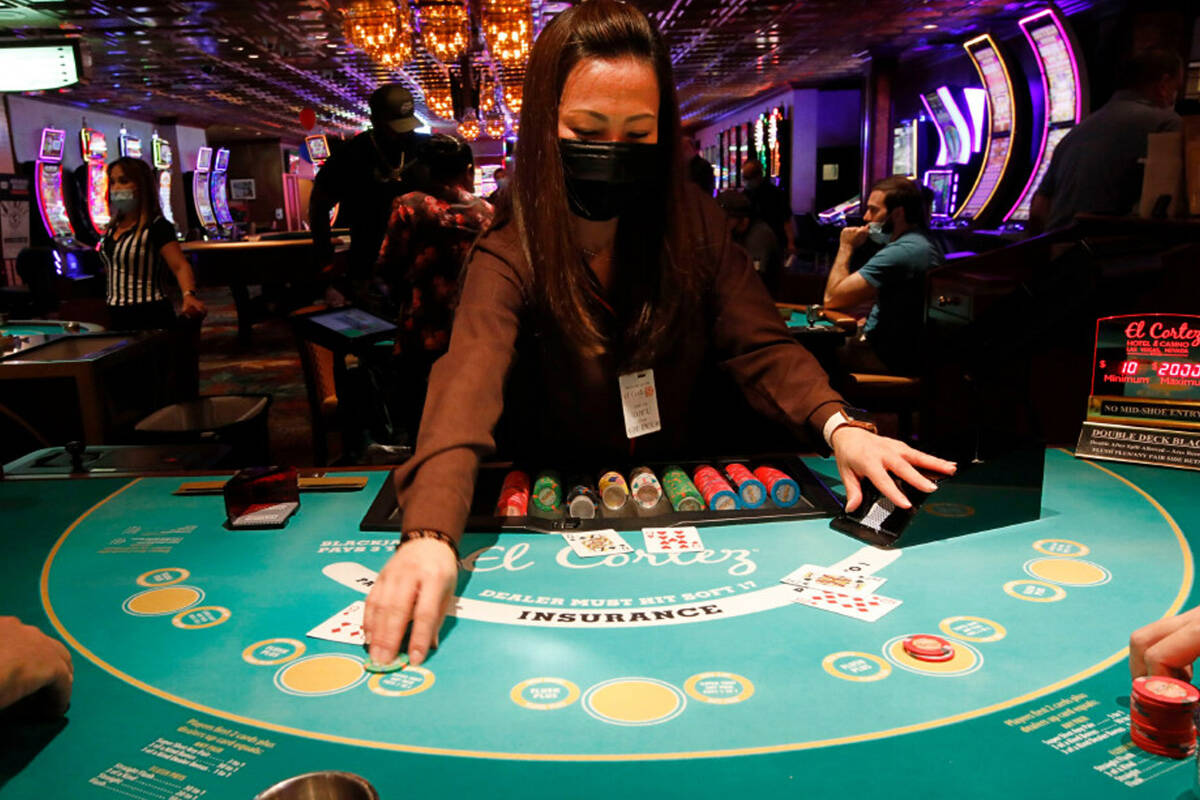
Gambling games have captivated enthusiasts for decades, drawing them into a realm of excitement, chance, and prosperity. From the blinking lights of slot machines to the intense nature of poker tables, these activities offer a special blend of entertainment and hazard. However, beneath the facade of this glitz and style lies a intricate connection of mathematics that shapes every conclusion and choice made within the gaming hall.
Grasping this connection between casino games and numerical principles not only enhances the player’s journey but can also help participants make wise decisions. Whether you are a casual punter or a avid follower, recognizing the numerical strategies at play can give insightful understandings into chances, probabilities, and strategies, ultimately shaping how one deals with these chance games.
Mathematical Likelihood in Gambling
In the world of gambling activities, mathematical probability plays a vital role in determining results and informing player choices. Every activity has a distinct set of regulations and a particular probability framework that affects its dynamics. For instance, in activities like roulette, players must comprehend the probabilities of hitting a certain digit or shade. The probability of certain occurrences occurring can be assessed, and this knowledge can greatly affect betting strategies.
Players also need to be informed of the casino advantage, which is the statistical benefit that casinos hold over players in the long term. This advantage differs across various activities. In 21, expert players can use strategies to reduce the house advantage to as low as one %, while in activities like slot machines, the house edge can be substantially larger. Comprehending the house edge allows players to make educated choices about which games to participate in and how much to wager.
Additionally, likelihood is essential in the principle of danger versus gain in betting. Each wager carries a specific risk factor, and gamblers must consider the potential payout against that danger. Games like the poker game require gamblers to not only calculate the chances of their personal hand winning but also to evaluate the probabilities of their opponents’ hands. By applying mathematical principles to their strategy, players can improve their odds of success and participate more strategically in the exciting world of gambling games. oke179
Expected Worth in Casino Activities
When talking about gambling games, one of the fundamental ideas rooted in mathematics is the expected value. This statistical measure assists gamblers grasp the potential outcomes of their bets over time. In simple terms, anticipated worth (EV) determines the average amount a gambler can expect to win or suffer per wager if they were to play the game many times. Each activity has its unique EV, affected by the odds and the casino advantage, which signifies the advantage that the gambling establishment holds.
For instance, consider a game like roulette. The expected value can be derived based on the particular wager placed. If a gambler bets on a individual number, the payout is 35 to 1, but the actual odds of success that bet are 1 in 37 (in Euro the roulette game). This leads in a detrimental expected value, indicating that, on average, gamblers will incur a loss money over time when playing this type of bet. Understanding this concept allows gamblers to make better educated decisions about which activities and wagers may be less advantageous.
Furthermore, the investigation of anticipated worth can lead to better bankroll management. Players who understand the mathematics behind their activities are often able to set realistic expectations. By acknowledging their possible deficits and profits, they can adjust their playing strategies accordingly, which may enhance their total gaming experience overall. As a consequence, anticipated worth serves as a crucial tool for both beginner and experienced gamblers to navigate the often unpredictable nature of casino games.
Tactics and Probabilities: The Mathematics Behind Success
In gambling games, comprehending the chances is crucial for participants seeking to enhance their likelihood of winning. Each game has its own unique set of probabilities that establish winning outcomes, and these statistics are often found in the game’s regulations or payout tables. For instance, in games like blackjack, players can improve their probabilities through tactics such as card counting, which depends on math principles to gain an edge over the house. By familiarizing themselves with the chances, participants can make more knowledgeable decisions on when to place bets and when to fold.
Moreover, the idea of average value plays a significant part in gaming tactics. Average outcome determines the typical outcome of a wager over time, allowing players to assess whether a specific bet is justifiable taking. For example, fruit machines have a fixed return percentage, which can show the expected profit a player can look for on their bets. By choosing activities with higher average outcomes, participants can lessen the casino edge, boosting their possible rewards in the future.
Finally, successful players often adopt a blend of chance and math strategy to improve their gaming experience. While luck can’t be controlled, managing a betting strategy based on math insights can lead to more advantageous situations. By utilizing techniques such as money management and picking games, participants can utilize math to handle the volatile nature of casino games, making the most of their time and investments at the casino.

